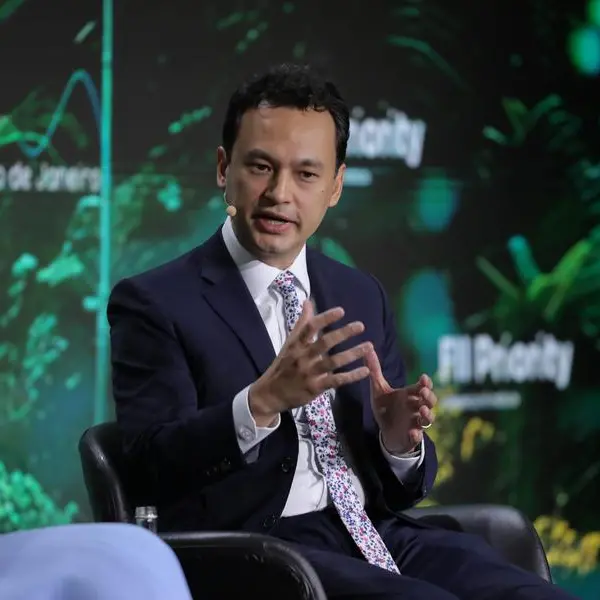PHOTO
Private debt firm Monroe Capital could open a Saudi office as it seeks to bring more of its services to the Middle East.
The US-based company, which opened an office in the Abu Dhabi Global Market (ADGM) earlier this year, is looking to expand its services further into the region.
It is “quite possible” that Monroe will open an office in Saudi Arabia following “a number of good discussions” with sovereigns, including the kingdom’s Public Investment Fund (PIF), pension funds and banks, said Ted Koenig, chairman and CEO of the firm on the sidelines of Future Investment Initiative summit in Riyadh.
Monroe has 11 offices in the US, Middle East and Asia and had seen double digit returns over the past 25 years, but the private credit niche has not yet seen much growth in the Middle East, which offers opportunities, Koenig added.
Monroe has AUM close to $20 billion, 520 companies in its portfolio, and carries out 75 deals per year, putting $10 billion to work each year.
Earlier this month, Monroe was acquired by French investment company Wendel with an initial investment of $1.13 billion for 75% of the company’s shares.
With a focus on this region, Monroe also sees family offices as targets due to them being sophisticated investors who want to see the double-digit return offered by private credit, which is the fastest growing asset class within alternative investments - the fastest growing classification.
The value of private credit is the yields from day one, which is valuable to a lot of investors when infrastructure, private equity and real estate investments take several years to see return, Koenig said.
The growth in private credit is being driven not just by investors with a need for yield, but by the market, as banks are withdrawing from the US because the regulation is higher, he said, so where banks are withdrawing, private credit firms are stepping in.
“Growing economies need capital to utilise but also to invest,” Koenig said, “We are out here to bring private credit as they need investment products.”
Organisations such as sovereigns need returns, they want to invest in their home countries, so the role of a private credit firm is to generate return so there is more money to invest, he said.
“As much as they want to invest in the region, those resources need to be invested, so if they invest in high quality return assets, they can take that money and invest it in the country,” he added.
(Reporting by Imogen Lillywhite; editing by Bindu Rai)





















